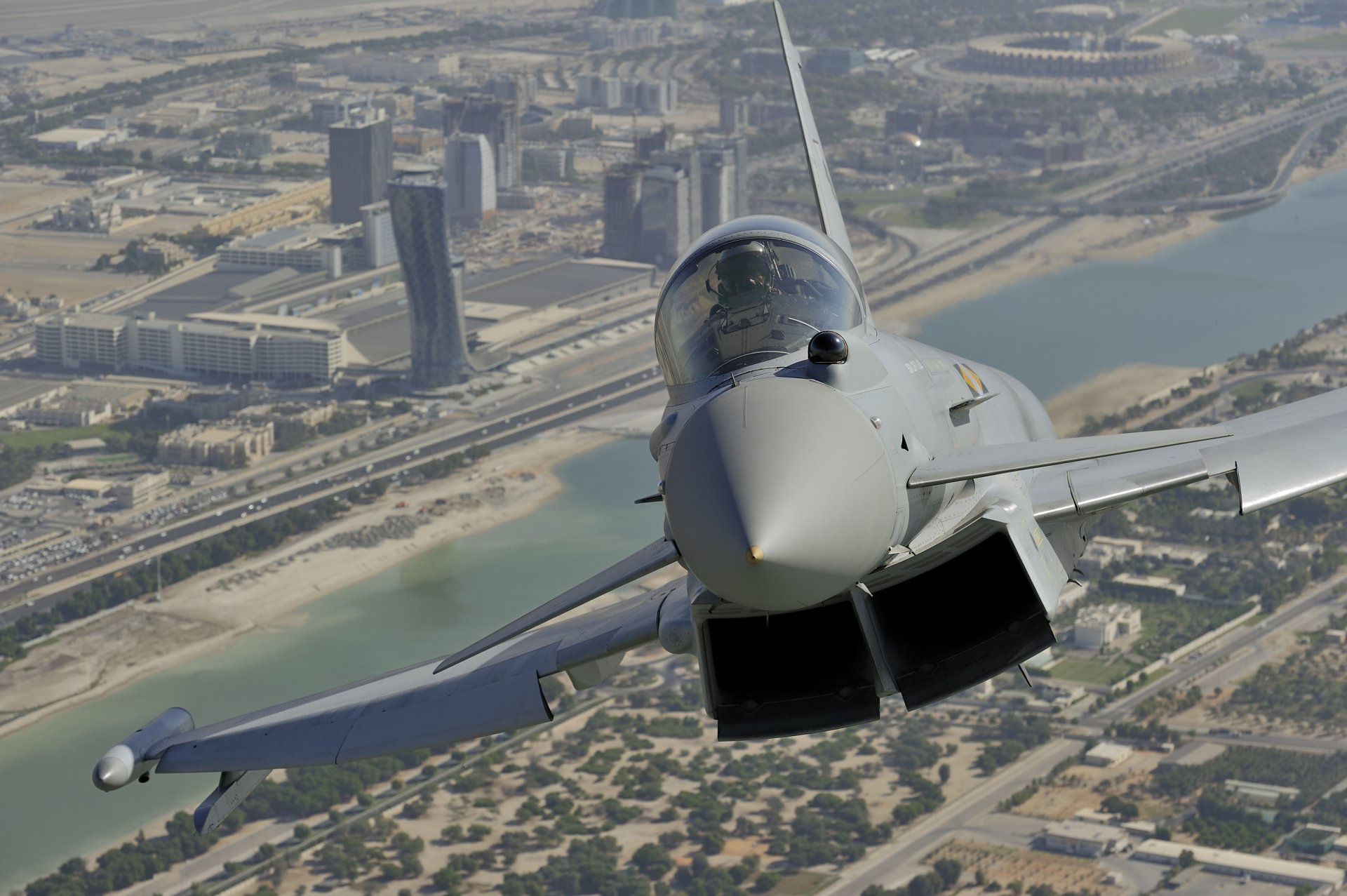German media reported on Monday that the German government had approved an extension of the arms embargo on Saudi Arabia, which will now last until December 31, 2020. This decision marks the third extension to the arms embargo, which was initially enacted in late 2018 after the killing of Saudi dissident Jamal Khashoggi, who was assassinated by Saudi agents inside the Saudi consulate in Istanbul, Turkey, in October 2018.
Berlin has also pointed to the situation in Yemen, where Saudi Arabia is leading a military coalition to oust rebels from the country’s capital, in justifying its arms embargo. The Saudi military, particularly the Air Force, has made extensive use of Western-supplied systems in carrying out its campaign in Yemen, leading to backlash from governments and activists in the West who have recoiled against the war’s human toll. The Saudi coalition has denied targeting civilians deliberately in its campaign.
Two months prior to the killing of Khashoggi, a Saudi coalition air strike on a bus in a market in northern Yemen killed dozens of children and wounded over a dozen more, Human Rights Watch said, prompting global criticism. The Saudi military later acknowledged that a targeting mistake had led to the bus being hit. In a statement, the Saudi coalition said that intelligence had pointed to the bus being occupied by senior members of the Ansar Allah rebel group. The military said in a statement at the time, “The Joint Forces Command of the coalition expresses regret over the mistakes, [and] extends its sympathies, condolences and solidarity to the families of the victims,”
However, a number of European arms suppliers have cut arms sales to Saudi Arabia. In addition to Germany, other countries like Switzerland, Finland, Norway, and Denmark cut sales. The German ban has proved to be problematic for the Saudi military, as the country’s industry produces many of the components found in existing systems in the Saudi inventory as well as weapons platforms that Riyadh has been negotiating to buy, such as the Eurofighter Typhoon.
After initially pursuing a total arms export ban on Saudi Arabia, Berlin later eased its restrictions to enable the supply of components and spares for completed contracts, but has nevertheless resisted pressure from other large European defense producers, such as the U.K. and France, to lift the embargo on Saudi Arabia.
Last month, Saudi Foreign Minister Faisal bin Farhan al-Saud sought unsuccessfully to persuade Germany to lift its ban. He said in an interview with DPA International, “We hope that Germany understands that we need the means to defend ourselves.” He added that Germany’s refusal to lift the ban is inconsistent with ensuring positive relations between the two countries.
Saudi Arabia has come under attack from missiles and drones operated by Ansar Allah, which have carried out strikes on oil facilities and other infrastructure within Saudi Arabia. In September of last year, two oil facilities – Abqaiq and Khurais – were attacked by both drones and missiles in what the U.S. has suggested was an Iranian-origin operation.









